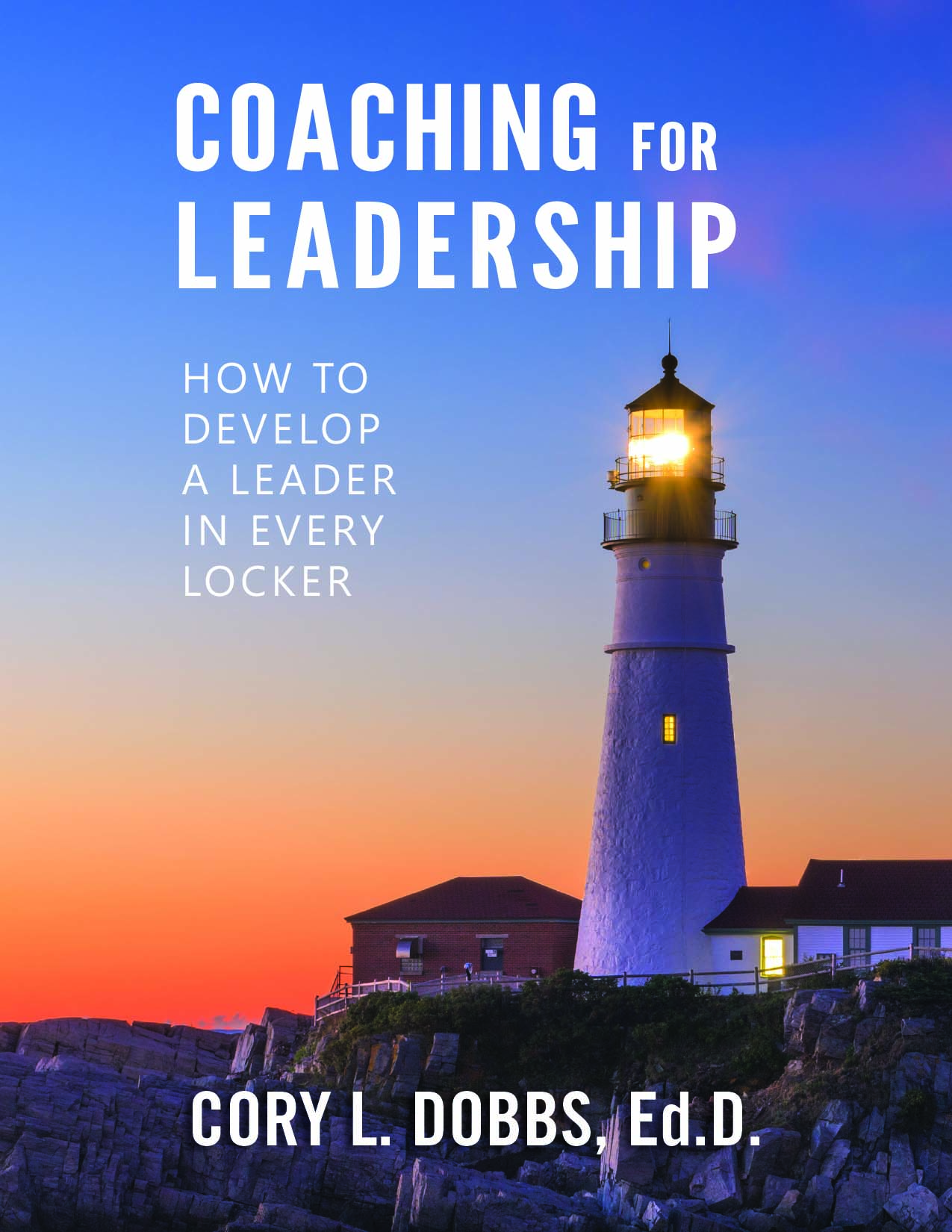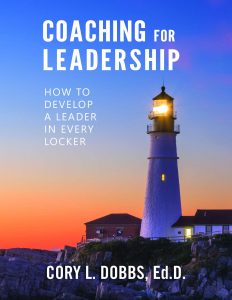Encouragement: A gift to be given
Written and contributed by Dr. Chris Hobbs (Follow him on Twitter @Dr_ChrisHobbs)
Scott Drew is the head men’s basketball coach at Baylor University. Over the past 16 seasons, he’s won nearly 20 games per season. It’s an impressive stretch for a program that has a mediocre history and when Coach Drew arrived, was almost completely dead. If you want to read a story of persistence and comeback, read “The Leftovers” which is the story of massive scandal and homicide that rocked Baylor basketball. That is the program that Scott Drew took over. The author of the book, Matt Sayman, was one of only two players that remained in the program after the scandal and during Coach Drew’s arrival. The program was absolutely decimated with NCAA sanctions and terrible support from the local community. It was a very dark time in the life of Baylor basketball. Sayman says, ‘Coach Drew was always positive and always believed we could do the impossible.’ Those first Baylor teams under Coach Drew never actually accomplished the impossible in the win/loss column, but Coach Drew did something important. He provided the players on those teams the gift of encouragement that lasts to this day.
If you understand the intention of the word encouragement, maybe you’ll want to give the gift a little more as well.
Encouragement is to give strength or courage to another. It is the kind of expression that makes someone want to go on.
Here are a couple of ways a leader can give the gift of strength and courage to someone to the people in their care…
Call when things go wrong – Over the last year or so, I’ve really tried to embrace the mantra of ‘being the kind of leader that people want around when everything is going wrong.’ An important way to do this is make sure you are actually present when things are going wrong. Often, the best way to do this is to call and talk voice to voice to someone when their world is falling apart. Pick up the phone and show up for your people when things are not going well.
Confirm why things went well – Notice the wording of this suggestion. Expressing appreciation when things go well is nice. Expressing appreciation to someone for what they did (the why) to make things go well is next level encouragement. As a leader, it is important that you give people the freedom to make good things happen and then take the time to tell them what you observed as the ‘why’ behind those good things. A team member knows why things went well but to know that it was observed and confirmed by the leader is very encouraging.
Compliment by name and task – No matter what your opinion of the Bible might be there are some excellent accounts of incredible things that we can learn a lot from. One of those accounts is of Nehemiah who returned to Israel and returned it’s economic and military stability after the Babylonians had conquered it. Nehemiah rallied a diverse and unskilled group of laborers to accomplish the incredible engineering feat of rebuilding the walls around Jerusalem resurrected in only 52 days. The historical account includes an entire chapter of Nehemiah recognizing every group of laborers by their name and the task that they completed. This is simple and powerful encouragement that I have tried to implement anytime I address a group publicly. I compliment someone on my team by their name and by the task that they have performed well for our group.
There are a lot of different ways to give the gift of encouragement. I have only listed a few of the ways that this can be accomplished. I want to encourage you to be the type of person that gives the gift of encouragement to as many people as you can.
Keep on, keepin on, friend!
BLOG BIO
‘Bite Down and Don’t Let Go’ is a collection of writings on being intentional about life in a way that produces great persistence. Read about it more here.
Dr. Chris Hobbs is an educational leader and Director of Athletics at The King’s Academy in West Palm Beach, Florida. He’s earned a few degrees and won some awards. He’s happily married to his high school sweetheart and they have three teen age children. Life is messy and complicated most of the time. You can follow him on Twitter for all sorts of inspirational thoughts and good laughs.



